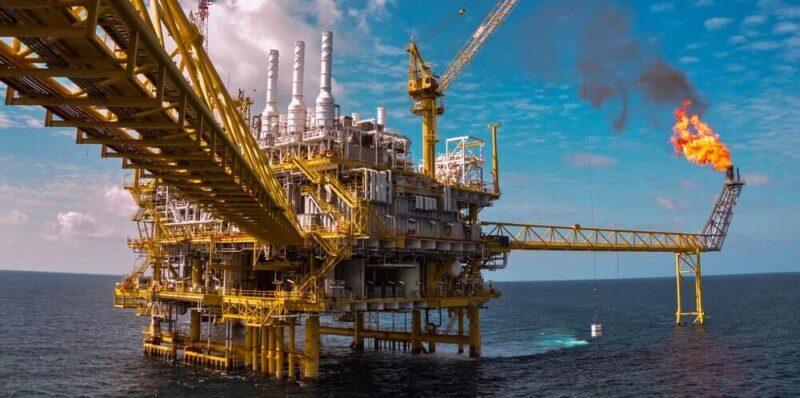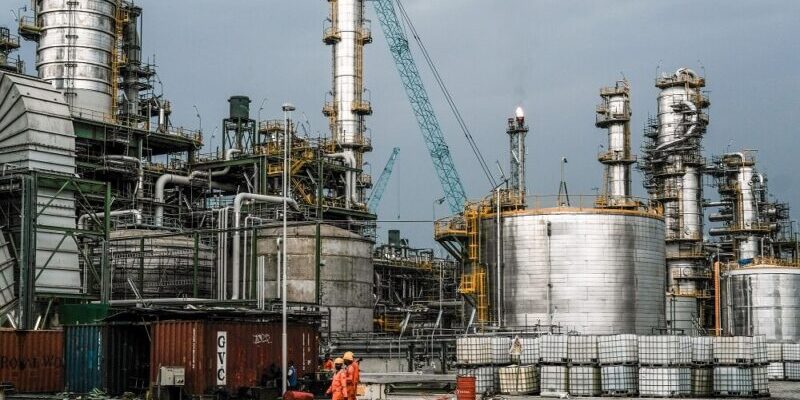Oil traders (financial market investors seeking to profit from short-term operations, taking advantage of market volatility) are beginning to ignore the most important person in the market and it can be a risky move.
Saudi Arabia’s Energy Minister, Prince Abdulaziz bin Salman, promised to unilaterally cut the country’s oil production in July to the lowest level in over a decade, excluding Covid-19 era restrictions. The Saudi described the move as a “lollipop.”
While there have been larger production cuts in recent months, its symbolism was significant, and Prince Abdulaziz left open the possibility of extending the restriction. There have also been a series of comments suggesting that the prince wants to harm those who speculate on lower prices.
And yet, traders are becoming less responsive. The immediate price gain from the restrictions announced last Sunday lasted only one day. On Friday (9th), Brent futures were around $76 per barrel – almost exactly the same as one week earlier. A previous production cut in April took less than a month to impact prices.
Speaking on Sunday, the prince said that the OPEC+ agreement was about being proactive and preventive. “I think the physical market is telling us something, and the futures market is telling us something else,” he said at the Arab China Business Conference in Riyadh. “To understand OPEC+ today, one must be proactive, preventive, and cautious.”
Despite expectations that oil demand will surpass supply in the coming months, several factors are fueling the confidence of “bears” (those betting on a decline). However, two negative points really stand out: the first is that Russian shipments have surged amid expectations that Western sanctions would restrict them. The second is concern about the fate of China’s economy, which has been the cornerstone of demand growth for years. “There are many uncertainties, as always, when it comes to oil markets, and if I have to choose the most important one, it’s China,” said Fatih Birol, Executive Director of the International Energy Agency (IEA), in an interview with Bloomberg TV this week. “If the Chinese economy weakens or grows well below what many international economic institutions believe, it is clear that this could lead to a pessimistic sentiment.”
China’s Manufacturing Purchasing Managers’ Index fell to 48.8 last month, a level below expectations and also the weakest reading since December when the country was mired in zero-Covid policy restrictions.
Even if their economy picks up again, China will have plenty of oil to use. Chinese reserves have reached a two-year high. In May, several traders said they saw recent increases in Saudi oil prices to Asia, along with ongoing OPEC+ production cuts, as part of an effort to drain those reserves.
![]()




